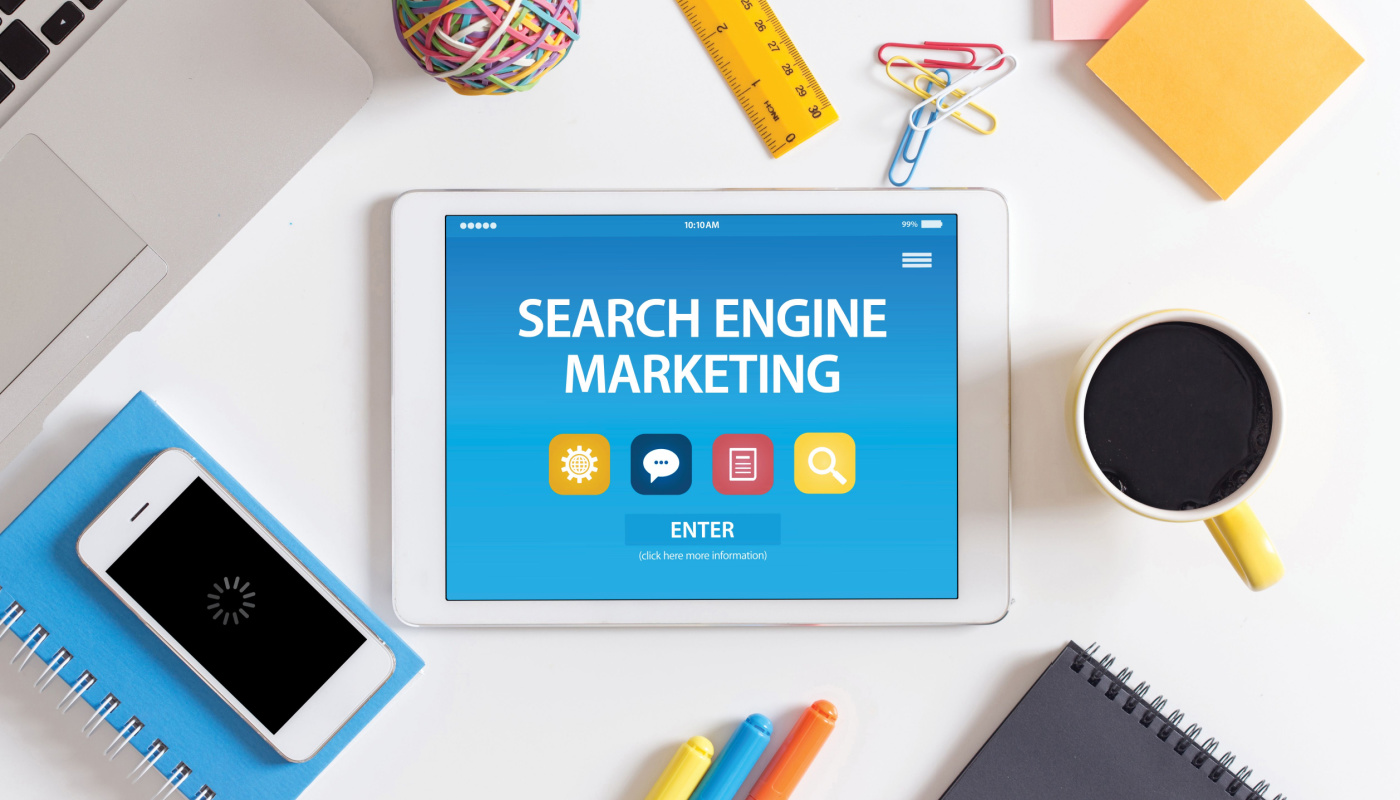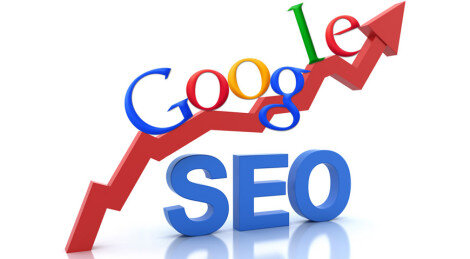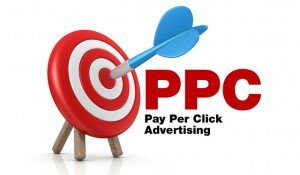
06 Jul The Difference Between SEM and PPC Advertising
You have probably heard the terms SEM (Search Engine Marketing) and PPC (Pay-Per-Click Advertising) in discussions about marketing, but they are often used interchangeably. While they may have similar results — improving your company’s website traffic — these two strategies are quite different. These two forms of digital marketing help your business skyrocket to the top of a search engine results page and improve traffic to your website . . . and ultimately boost your sales revenue.
While you may know that it is very important to market your business online if you are going to reach the heights of profit and success, you may be confused as to what the various online marketing terms actually mean. What exactly are SEM and PPC? How much of your advertising budget should you allocate to each? Should you use one instead of the other, or should you use both?
Here are all the things you need to know about SEM and PPC. This information will help you make an informed decision when allocating your online marketing dollars.
How Does Paid Digital Advertising Increase Revenue for Your Business?
If you’ve been blindly placing pay-per-click ads and hoping for the massive influx of sales — you’re probably quite disappointed by now. PPC ads truly are a science as much as an art form, which is why the most successful businesses hire professionals to ensure their PPC advertising delivers real results.
However, you can’t simply create a quick and pithy add and sit back and wait for sales to come flowing in. There’s quite a process involved in creating a truly remarkable (and revenue-generating!) ad:
- Research top-performing keywords
- Stalk your competitors (and learn from their results!)
- Set budgets and success metrics
- Create and launch digital ads
- Define a sales funnel and refine your call-to-action
- Continually test and refine your advertising
Without each of these steps in place, you’ll quickly find that you’re getting impressions — but few actual clicks, engagements and sales from your online advertising.
Now that you’re convinced this process isn’t as simple as launching a quick ad, let’s dig into how SEM and PPC work together to drive sales for your business.
With some of the biggest names in business relying on SEM to get their message out there to new customers and present special deals and offers to existing customers, it is obvious this method of advertising works and is powerful. SEM should comprise a large portion of the online marketing budget of any business that wants to succeed to its fullest potential.
What is SEM? (Search Engine Marketing)
SEM helps increase the visibility of a website on major search engines such as Google, Bing and Yahoo. It includes a variety of marketing techniques under its umbrella, such as Search Engine Optimization (SEO) and Search Engine Reputation Management.
SEM work is done mostly on the corporation’s website itself. The website must be optimized via SEO (or Search Engine Optimization) to attract the attention of these search engines. This means having quality, relevant content on it, eye-catching images, responsive interactive design and the right keywords included in the content…the ones your customers are looking for when they search online for your product or service.
When all of these things are in place, a website gains authority. This authority gives it the respect of the search engines, which will then begin to rank it more highly. The higher a website ranks with the search engines for a given keyword, the more likely potential customers are to click on it. The websites that rank the highest for the most keywords tend to make the most money and get the most traffic.
As you can imagine, putting all of the necessary pieces together to run an effective SEM campaign is complex and time consuming. That is why most businesses that are serious about doing well online hire companies that specialize in this type of internet marketing. Some businesses make almost all of their money from SEM advertising alone. With all the money to be made through SEM, any investment you make in hiring a company to handle it for you will pay for itself many times over.
With some of the biggest names in business relying on SEM to get their message out there to new customers and present special deals and offers to existing customers, it is obvious this method of advertising works and is powerful. SEM should comprise a large portion of the online marketing budget of any business that wants to succeed to its fullest potential.
What is PPC? (Pay-Per-Click Advertising)
Businesses that utilize PPC are the ones running the ads you see at the top and right-hand sides of the screen on search engine results pages. The ads themselves are free to run. An advertiser only pays when someone actually clicks on their ad…hence the name “pay per click.”
The amount of money an advertiser pays for each reader engagement — or click — depends on how frequently the keyword they are advertising on is searched. Highly-searched keywords can have pay-per-click costs of $10, $20, or more. Less-searched words or phrases may only cost a few cents per click.

You set a daily budget of how much you are willing to spend on your PPC campaigns. Your ads will run until you’ve received enough clicks to hit your daily budget. Then, your ads will not appear in the search engine results again until the next day. The more robust you make your PPC budget, the better your chances of getting your ad at the top of the page or at the top of the list of ads on the right side of the page, where they are the most likely to be clicked on. The more clicks you get, the more opportunity you have to gain new customers and increase your profits.
PPC ads can also appear on websites, if the website owner elects to participate in a PPC advertising program. In these cases, the website owner receives a portion of the profits of each click on an ad on their site. It is an extra way for website owners to make money, and an additional avenue for your business to get exposure, especially if your ad appears on a popular website that gets a lot of traffic.
What Can SEM and PPC Do for Your Company?
PPC is generally an easy, quick way to get your business’s ad to the top of the search engine results, while SEM brings in organic traffic and takes a lot longer to achieve results. However, SEM results are usually long-lasting once they are achieved.
Ideally, your advertising campaign online should include both SEM and PPC. The PPC ads will get you in front of your audience quickly, while the SEM will get you steady, long-term traffic through consistent application of SEM principles. Talk to an online marketing consulting company today to determine the best allocation of your online advertising budget to each type of advertising, and get the best results from your campaigns.
To learn more about Internet Marketing, PPC, SEM and SEO give Webociti a call at 678-892-7157 or click here for a free consultation.


